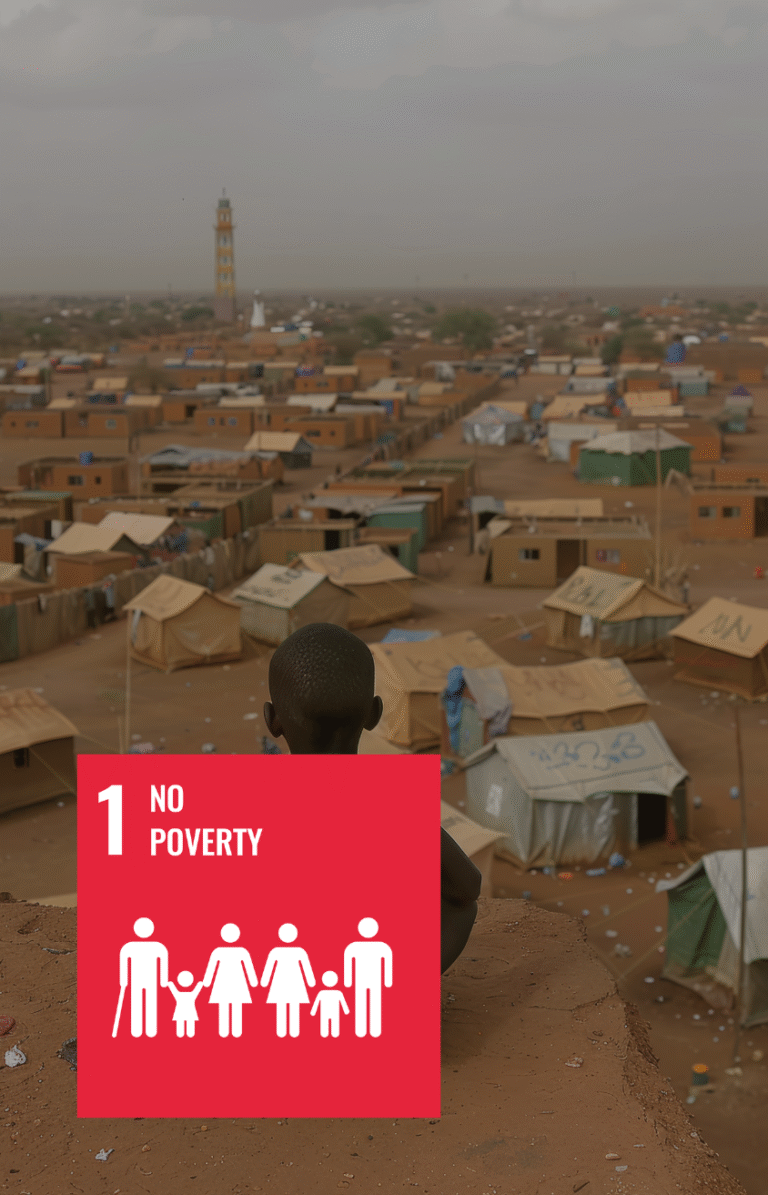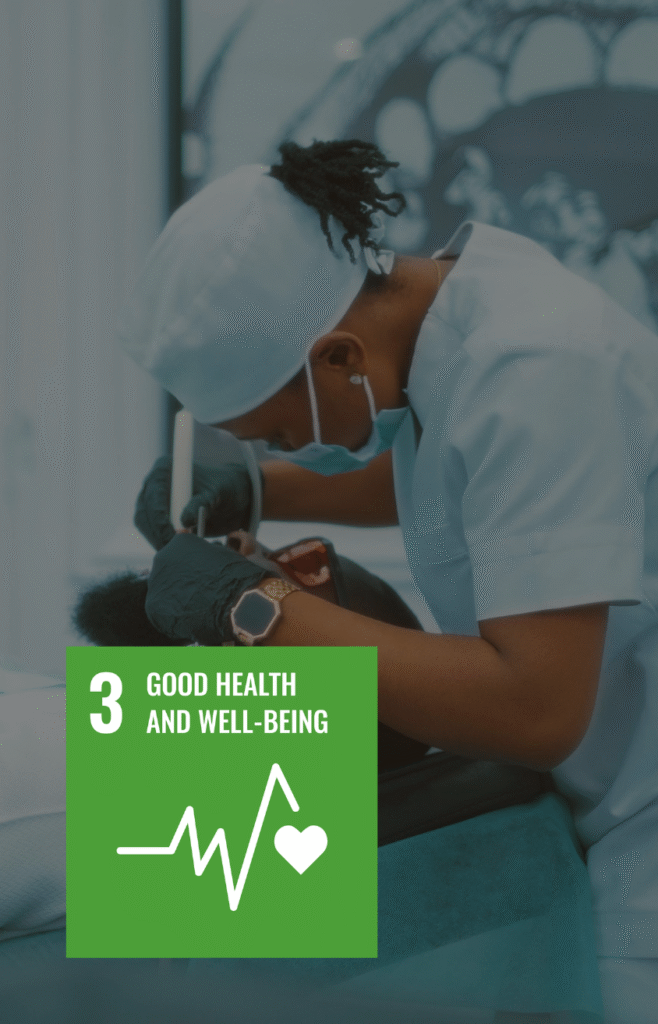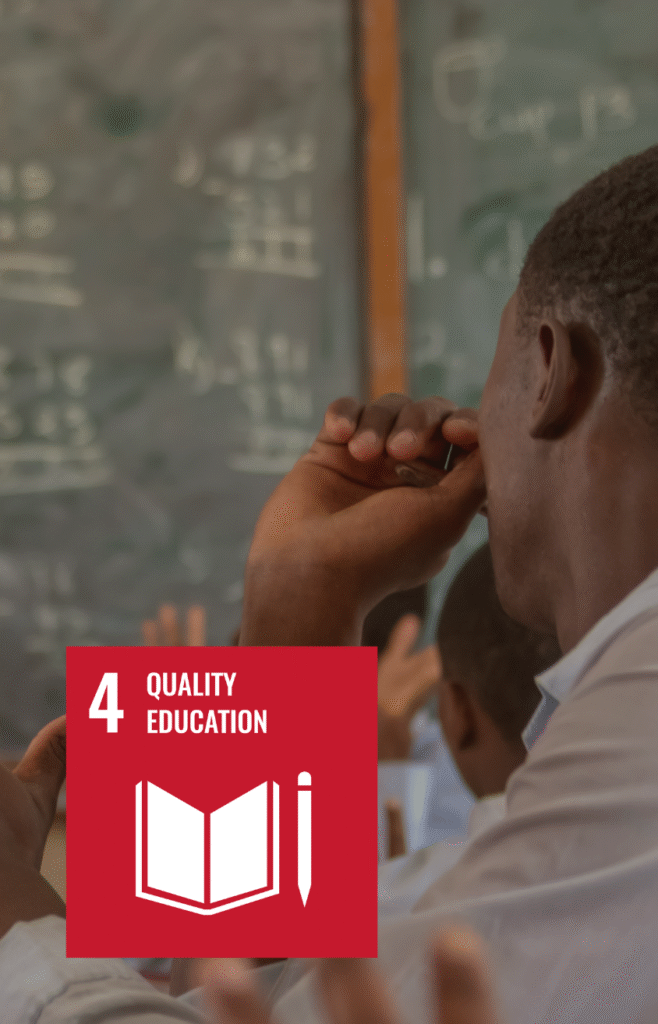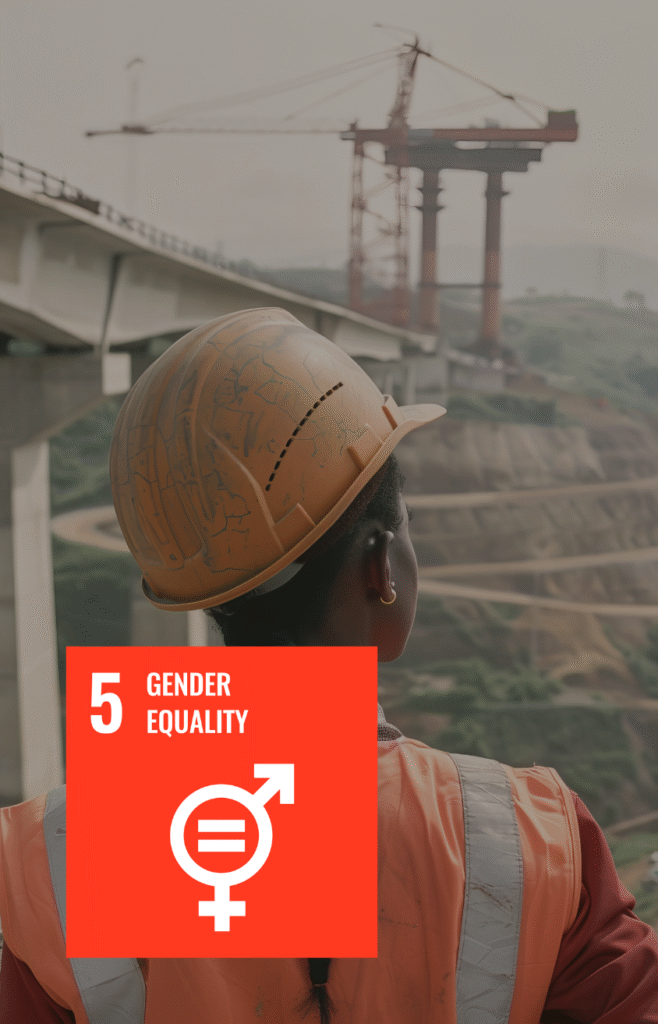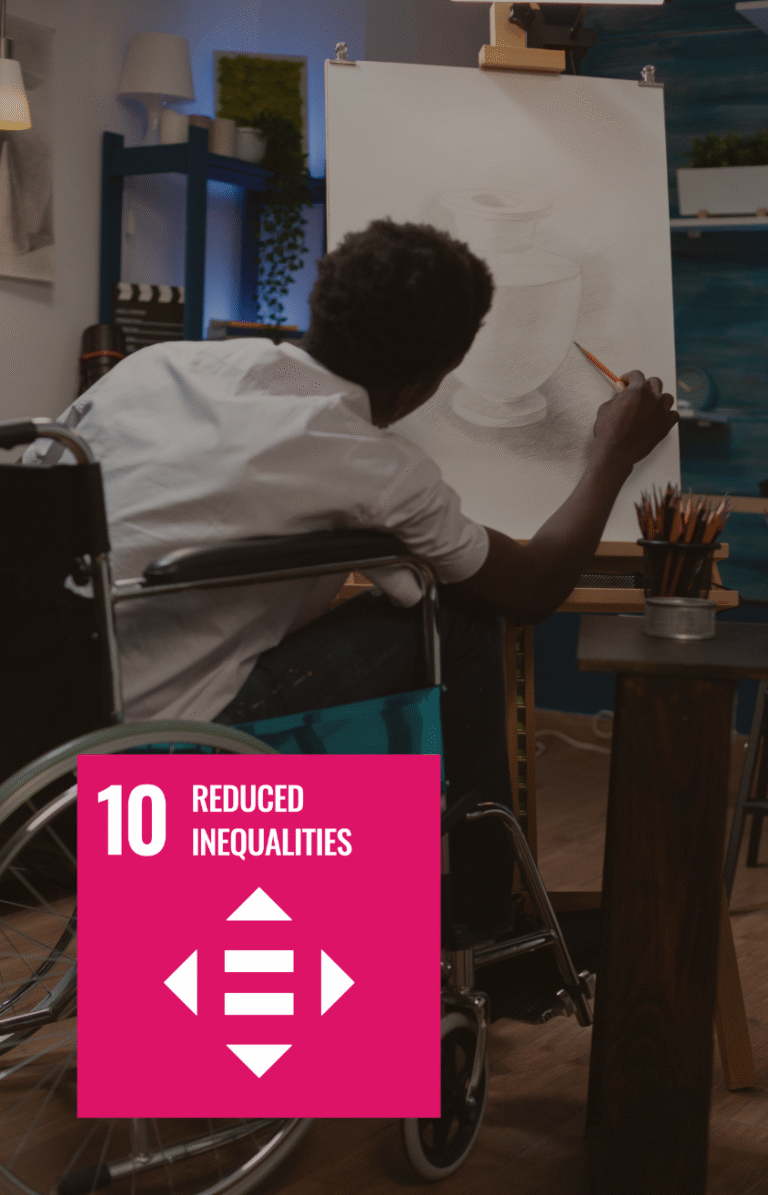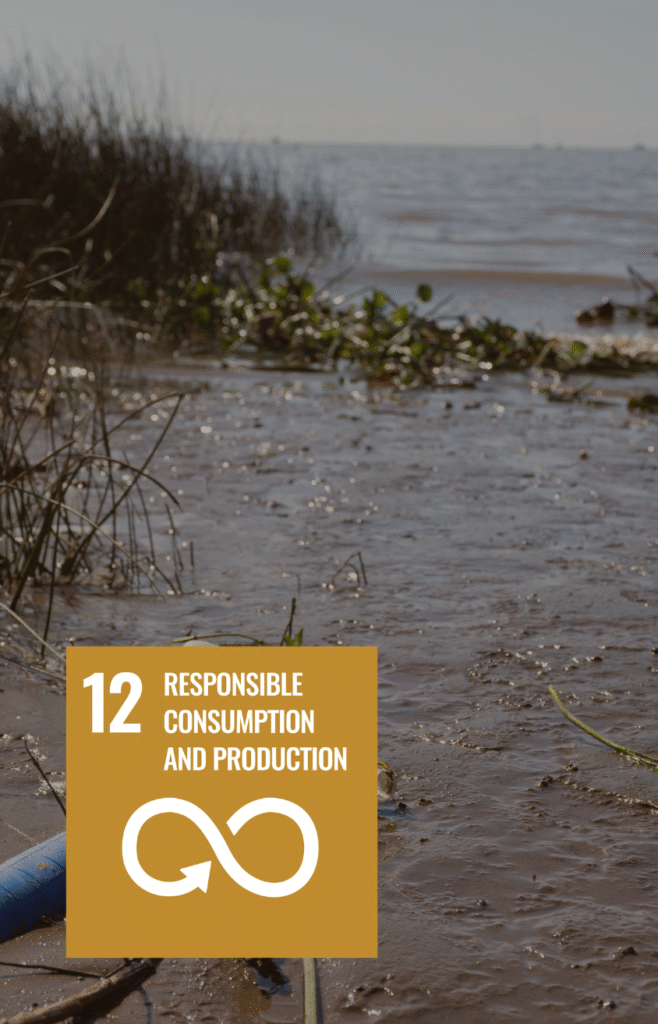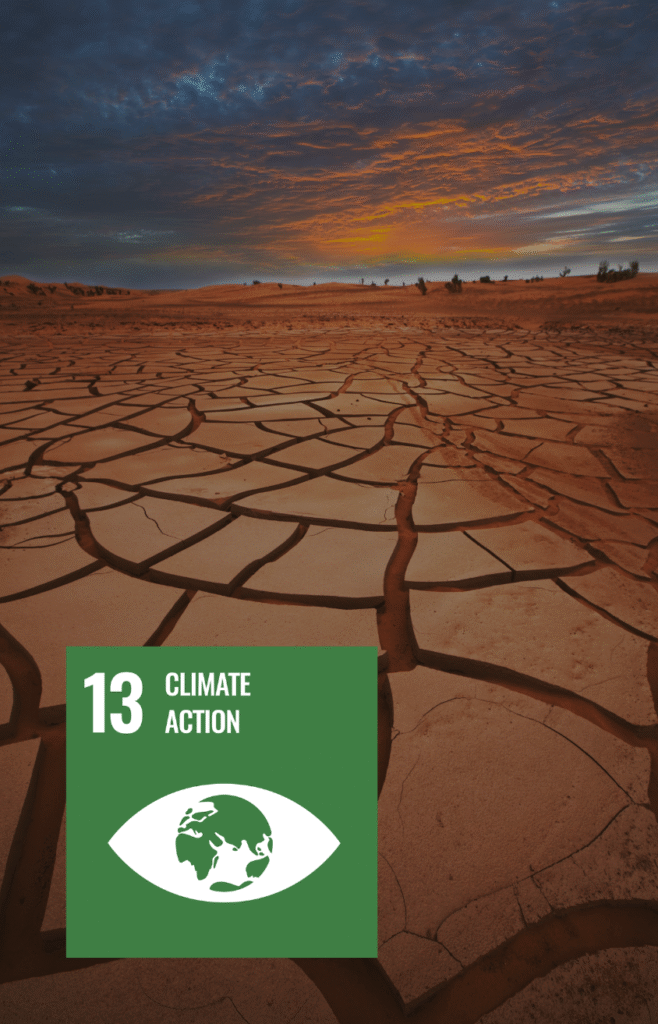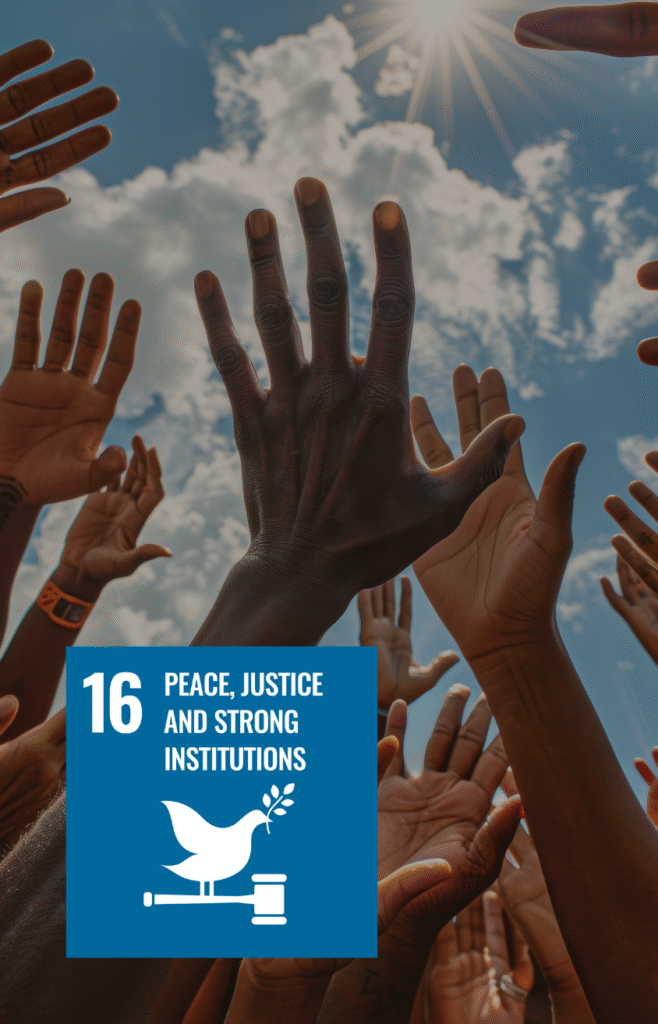Thematic Area

Our company is committed to integrating the United Nations Sustainable Development Goals into our core business strategy, driving positive social, environmental, and economic impact that aligns with global priorities and creates shared value for communities and stakeholders.
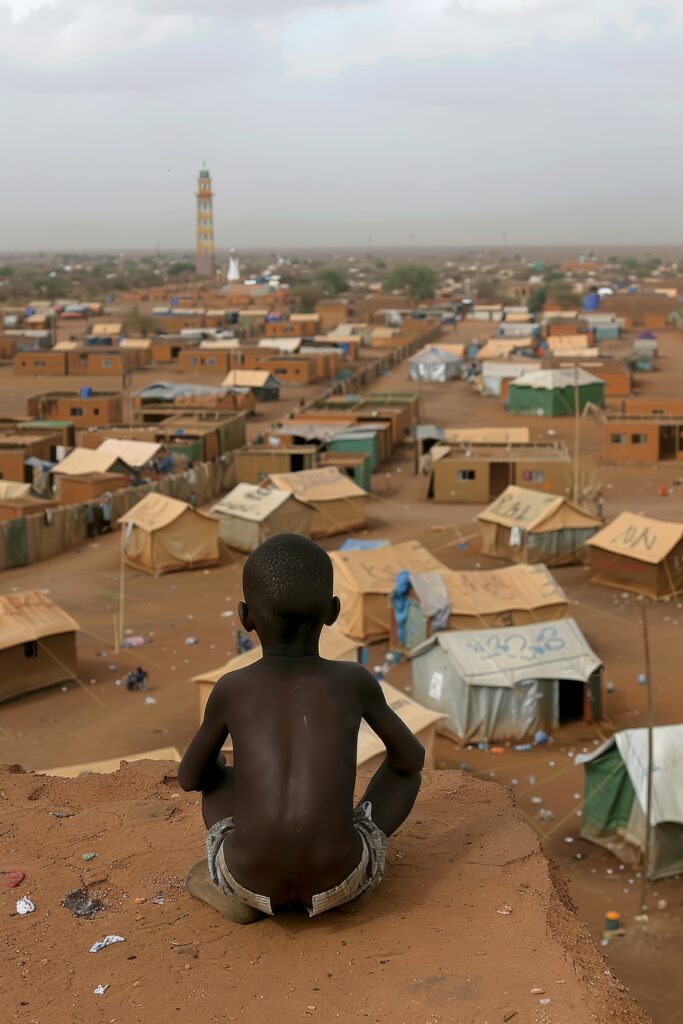

Goal 1. End poverty in all its forms everywhere
In Africa, nearly one in four people still lives in extreme poverty, lacking sufficient income for basic needs. This situation is especially severe in rural areas where access to education, healthcare, and adequate infrastructure remains limited. Poverty is perpetuated by conflicts, economic instability, climate shocks, and social exclusion, which together threaten progress and stability.
Efforts to combat poverty in Africa focus on strengthening social protection systems tailored to local contexts, promoting inclusive economic growth, and empowering marginalized communities. By improving access to education, healthcare, and employment opportunities, these interventions aim to break the cycle of poverty and foster resilient societies ready to meet future challenges.
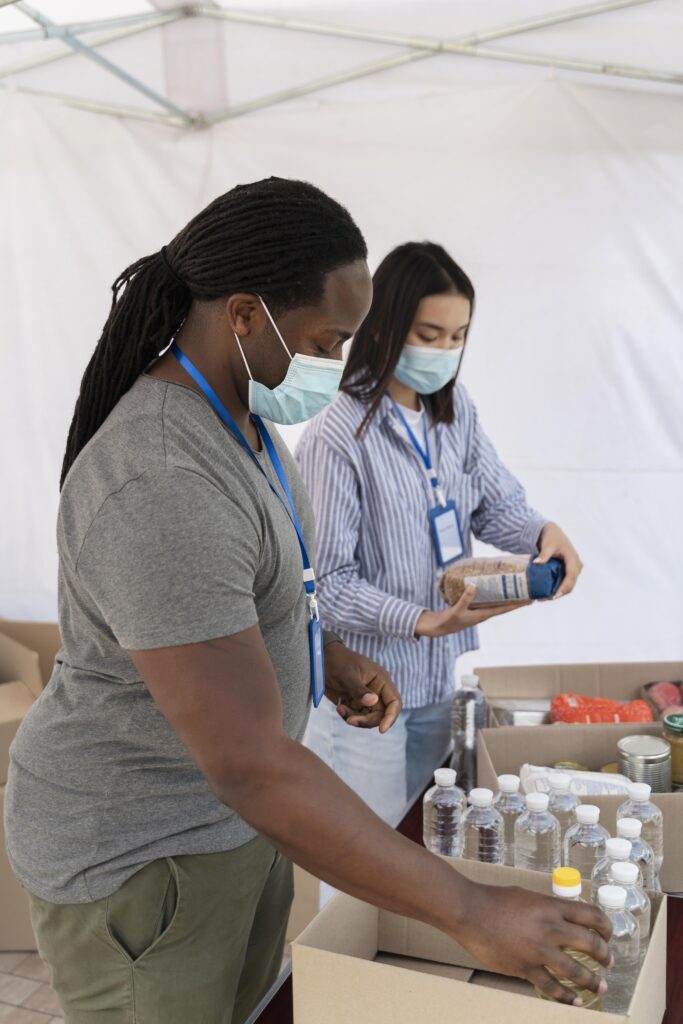

Goal 3. Ensure healthy lives and promote well-being for all at all ages
Africa faces a dual health challenge with a high burden of infectious diseases such as malaria, tuberculosis, and HIV/AIDS, alongside rapidly rising non-communicable diseases. Access to quality healthcare remains uneven, with rural populations and conflict-affected zones experiencing the greatest deficits in medical services and preventive care.
Addressing these health disparities requires investment in healthcare infrastructure, expanded immunization programs, and targeted maternal and child health initiatives. Promoting sexual and reproductive health services is vital to enable informed decisions, particularly for women and young people, thereby enhancing overall well-being and supporting sustainable development.
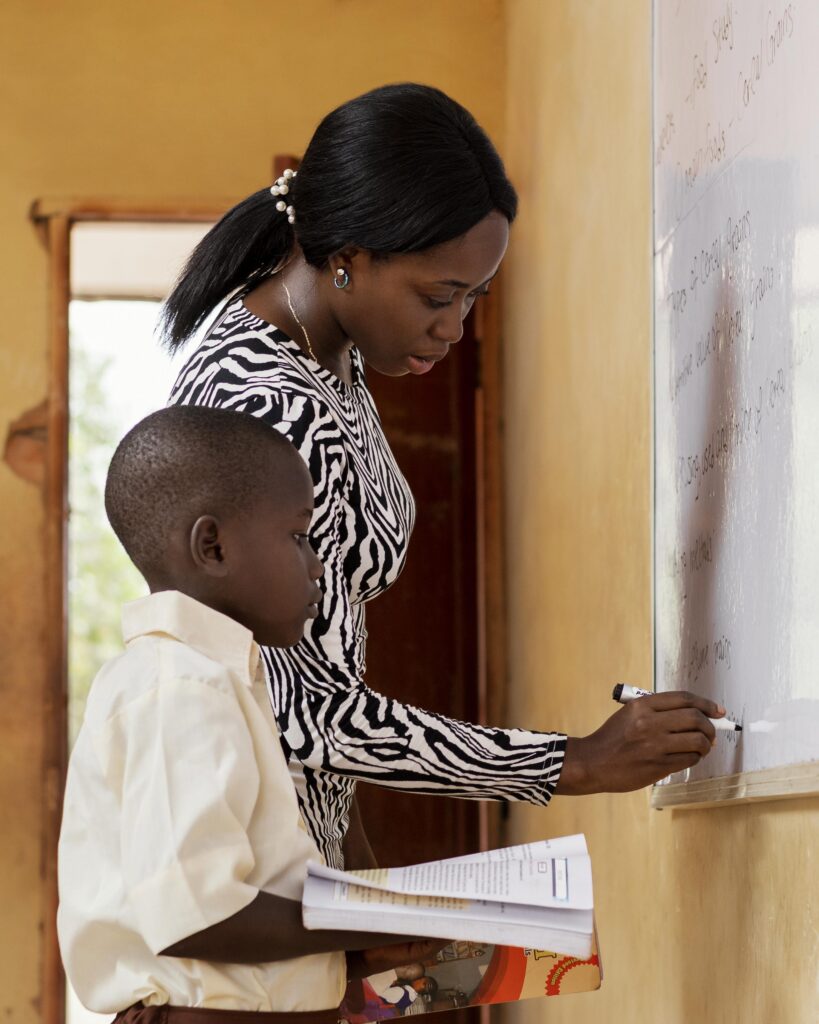

Goal 4. Ensure inclusive and equitable quality education and promote lifelong learning opportunities for all
Africa has the highest rates of out-of-school children globally, with significant gender and geographic disparities. Barriers include insufficient school infrastructure, lack of trained teachers, and socio-economic constraints, especially for girls and children in rural areas.
Innovative approaches are being used to improve access to education ranging from digital learning platforms to community-based programs. Emphasis on vocational and skills training helps youth prepare for changing labor markets, while lifelong learning opportunities support social and economic inclusion across generations.


Goal 5. Achieve gender equality and empower all women and girls
Persistent gender inequalities restrict opportunities for many women and girls across Africa. Challenges include limited access to education and employment, political underrepresentation, and harmful cultural practices like child marriage and female genital mutilation.
Efforts to empower African women involve tackling these barriers through legal reforms, education, economic inclusion, and prevention of gender-based violence. Mobilizing communities and promoting leadership among women are critical to fostering equality and unlocking the continent’s full potential.


Goal 10. Reduce inequality within and among countries
Economic and social inequalities in Africa manifest through disparities in income, access to services, and political representation, especially between urban and rural areas. These imbalances undermine social cohesion and limit inclusive growth.
Strategies to reduce inequalities focus on improving social protection, ensuring equal access to quality education and healthcare, and creating policies aimed at economic inclusion. Addressing systemic barriers and promoting equitable resource distribution are essential for lasting change and regional stability.


Goal 12. Ensure sustainable consumption and production patterns
Rapid population growth and urbanization in Africa place increasing demands on natural resources, often leading to unsustainable consumption and environmental degradation. Promoting sustainable production practices, waste reduction, and circular economy models is essential to conserve ecosystems and support livelihoods.
Programs such as Cotton made in Africa demonstrate how socially responsible and environmentally sound production can create economic opportunities for millions of smallholder farmers. Greater awareness, technology adoption, and policy support are needed to embed sustainability across sectors and scales.


Goal 13. Take urgent action to combat climate change and its impacts
Africa is disproportionately affected by climate change, with severe impacts on agriculture, water resources, and human health. Increased frequency of droughts, floods, and extreme weather events threaten food security, livelihoods and drive migration.
Combating climate change in Africa requires resilient agricultural practices, expanded access to renewable energy, and strong regional cooperation. Mobilizing financial and technical resources to support adaptation and mitigation is critical for securing sustainable development gains.
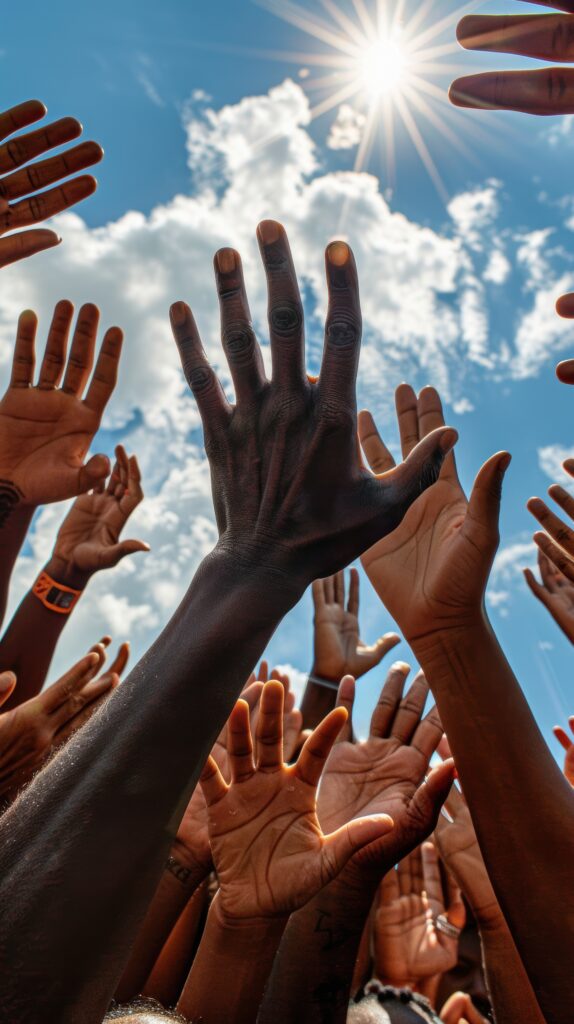

Goal 13. Take urgent action to combat climate change and its impacts
Conflict, corruption, and weak governance remain significant challenges in many parts of Africa, limiting development and eroding public trust. Inclusive political participation, rule of law, and transparent institutions are foundational for peace and growth.
Strengthening judicial systems, fighting corruption, and fostering civic engagement are priorities to build stable societies where all citizens enjoy human rights and justice. Empowering communities and leaders is essential to achieving these goals and promoting sustainable peace.

